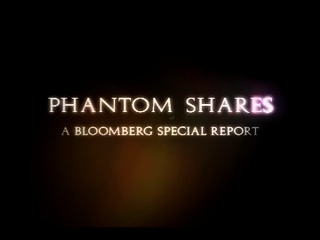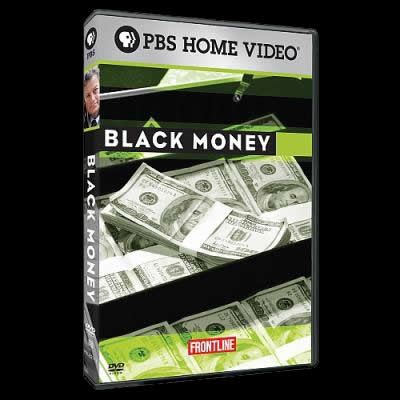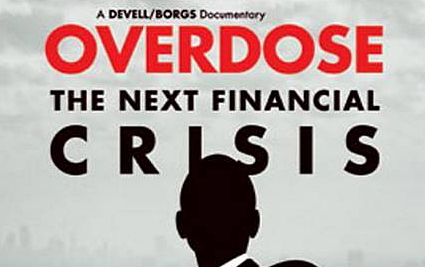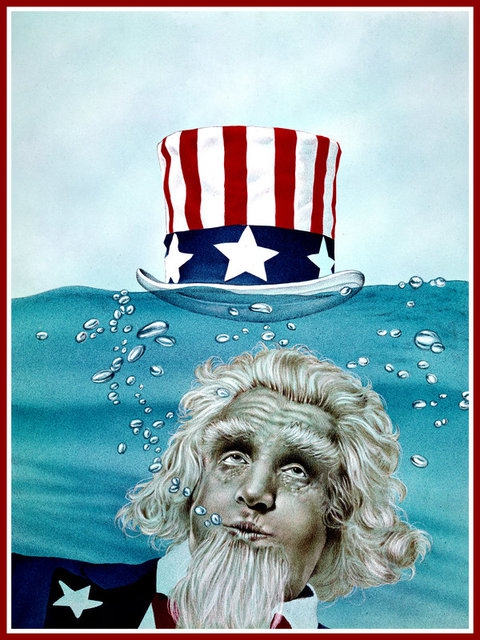Un crime commis de l?intérieur[/large][/center]
[justify]Beaucoup de gens prétendent expliquer les raisons derrière les évènements mais ne vont jamais au fond des choses.
Charles Ferguson (film Inside Job ) est un membre à vie du CFR et ne nous dira surement pas la vérité sur ses petits amis. Il faut savoir reconnaître les hypocrites à la solde de la juiverie et cesser d'être naif ![/justify]
[justify]Inside job est un excellent documentaire qui met presque toute la lumière sur les conflits d?intérêts concernant les personnes responsables du début de la crise économique de 2008. Je dis bien début, car elle n?est pas finie. Il est très intéressant de voir les réactions de certains individus devant la caméra de Charles Ferguson. Je vous conseille vivement de regarder ce documentaire pour enfin mettre un visage sur les responsables de cette crise financière qui n?a pas fini de ruiner la vie de millions de contribuables partout sur la planète. Le fossé entre les riches et les pauvres continue de s?élargir à chaque heure? Malheureusement, l?histoire continue et se répétera encore et encore, car la majorité des gens ne savent pas comment et où cette crise a pris racine et surtout qui?elles sont les personnes qui font tout pour qu?on ne puisse pas enlever la mauvaise herbe de wall street et des gouvernements concernés? Personnellement, pour moi la mauvaise herbe est partout dans les gouvernements. Il est très difficile de différencier les bons des mauvais, il faut revoir le système au complet, le remettre entre les mains du peuple, du travailleur et non du bureaucrate avare et cupide.[/justify]
Réalisateur : Charles Ferguson
Producteurs : Charles Ferguson et Audrey Marrs
[justify]Description :
La première décennie des années 2000 aura été marquée par une crise économique mondiale inquiétante, dont les coûts s?élèvent à ce jour (à ce jour c?est +/- Février 2010) à quelque 20 000 milliards de dollars. À travers de nombreuses entrevues qu?il a réalisées avec des hommes de finances, des politiciens et des journalistes, le réalisateur Charles Ferguson élabore une réflexion sur le système économique et tente d?expliquer les raisons pour lesquelles le système s?est finalement écroulé, en engendrant dans sa chute des millions de pertes d?emplois à travers le monde. Il s?attarde également à démontrer les liens qui unissent Wall Street à la Maison Blanche, et les conséquences qu?une telle hégémonie idéologique a sur le système universitaire américain.[/justify]
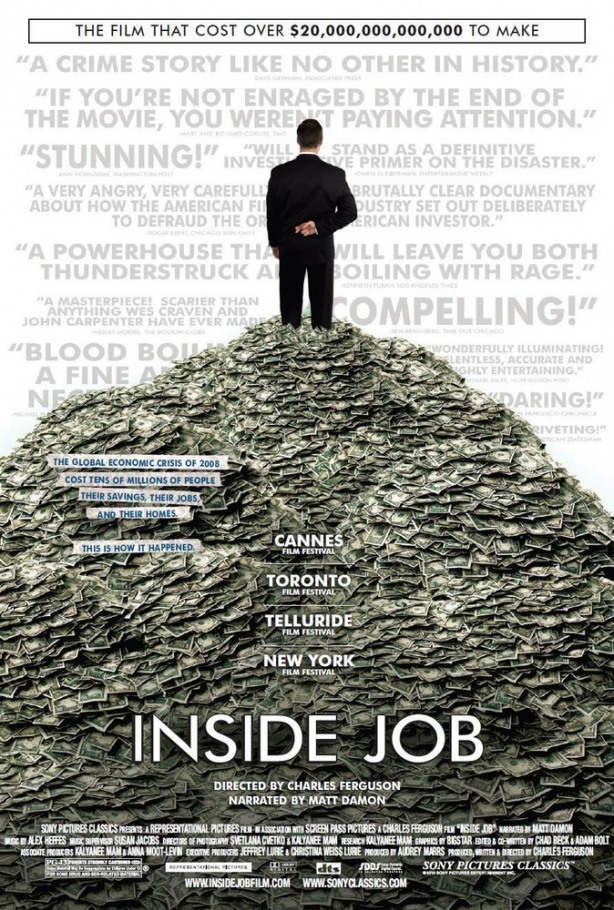
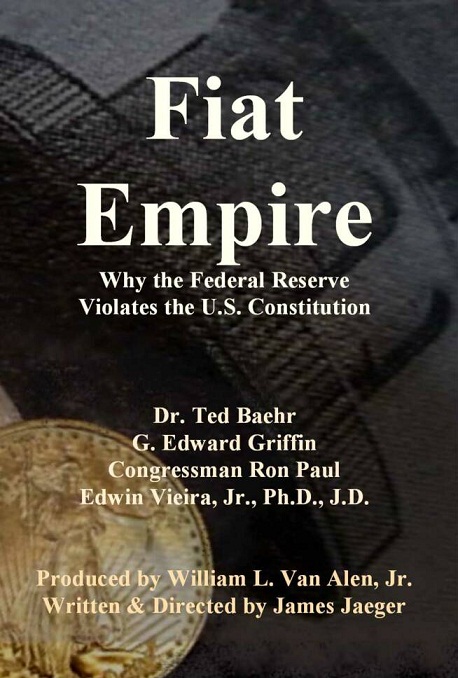
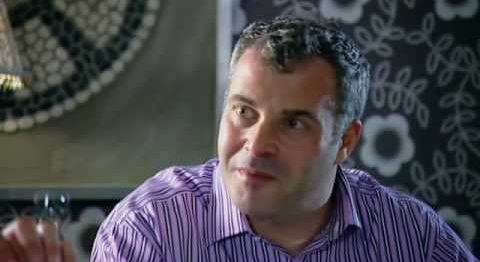
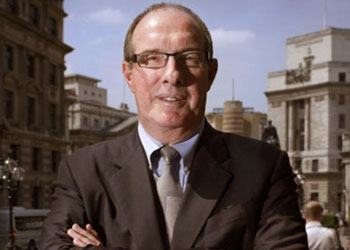 [justify]As the government prepares an emergency budget to help pay for the bank bailout, Will Hutton investigates the banks and what they?ve done with our money. He discovers that while ordinary taxpayers take the pain, for the banks it?s largely business as usual.
[justify]As the government prepares an emergency budget to help pay for the bank bailout, Will Hutton investigates the banks and what they?ve done with our money. He discovers that while ordinary taxpayers take the pain, for the banks it?s largely business as usual. [justify]In the second half of this special two-part Dispatches, economist and author Will Hutton continues the definitive insider?s account of how Britain?s economy went from boom to bust.
[justify]In the second half of this special two-part Dispatches, economist and author Will Hutton continues the definitive insider?s account of how Britain?s economy went from boom to bust. [justify]The documentary proves through facts and statistics how hyperinflation in the U.S. is now inevitable and how Americans could soon see the end of entitlement programs they have become dependent on to live and survive.
[justify]The documentary proves through facts and statistics how hyperinflation in the U.S. is now inevitable and how Americans could soon see the end of entitlement programs they have become dependent on to live and survive.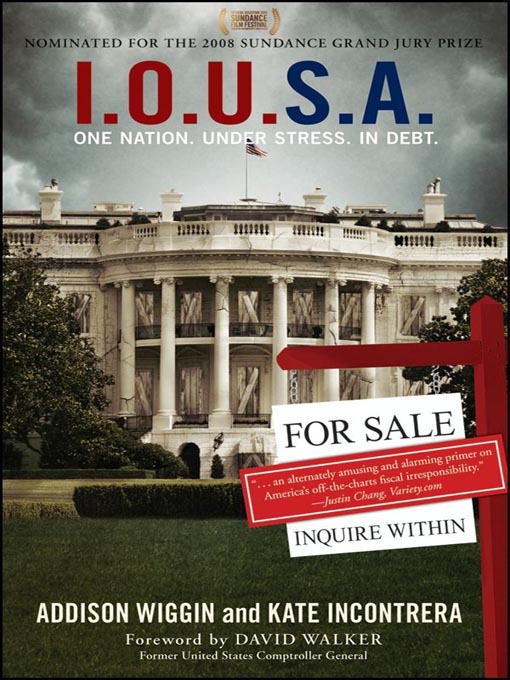
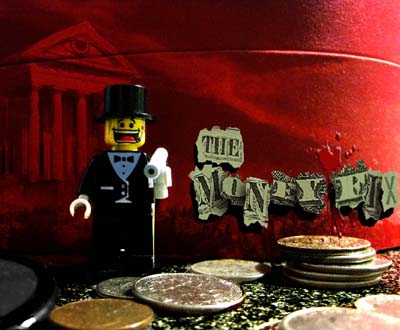 [justify]Money is just information, a way we measure what we trade, nothing of value in itself. And we can make it ourselves, to work as a complement to conventional money. It?s just a matter of design.
[justify]Money is just information, a way we measure what we trade, nothing of value in itself. And we can make it ourselves, to work as a complement to conventional money. It?s just a matter of design.
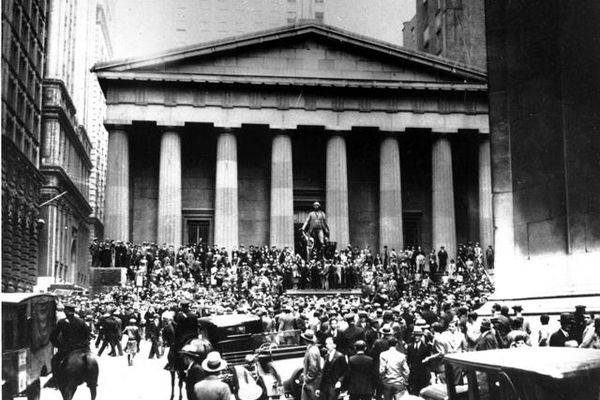 [/center]
[/center]
